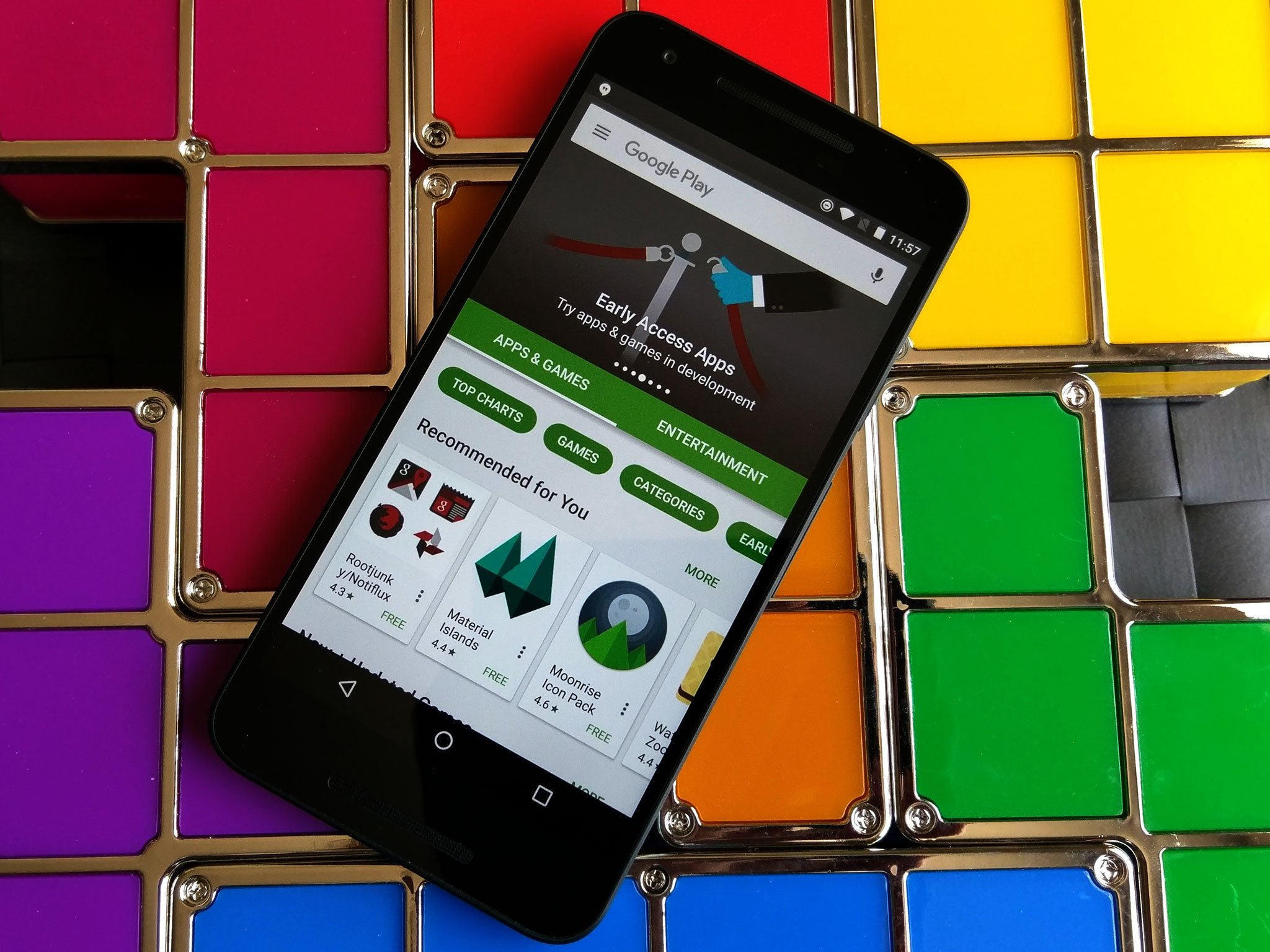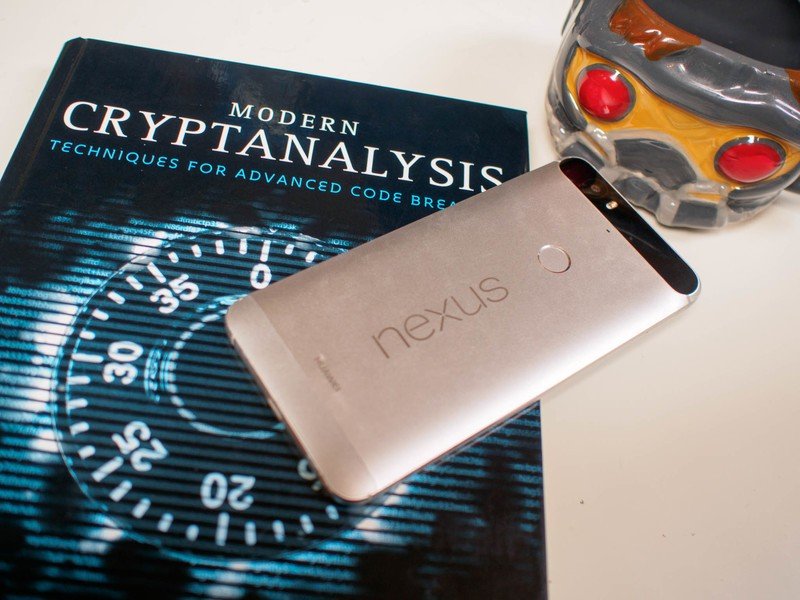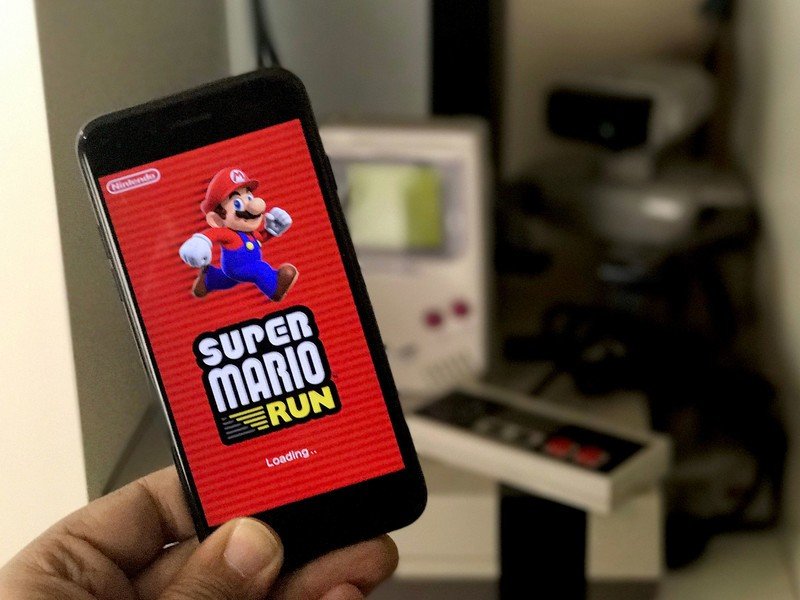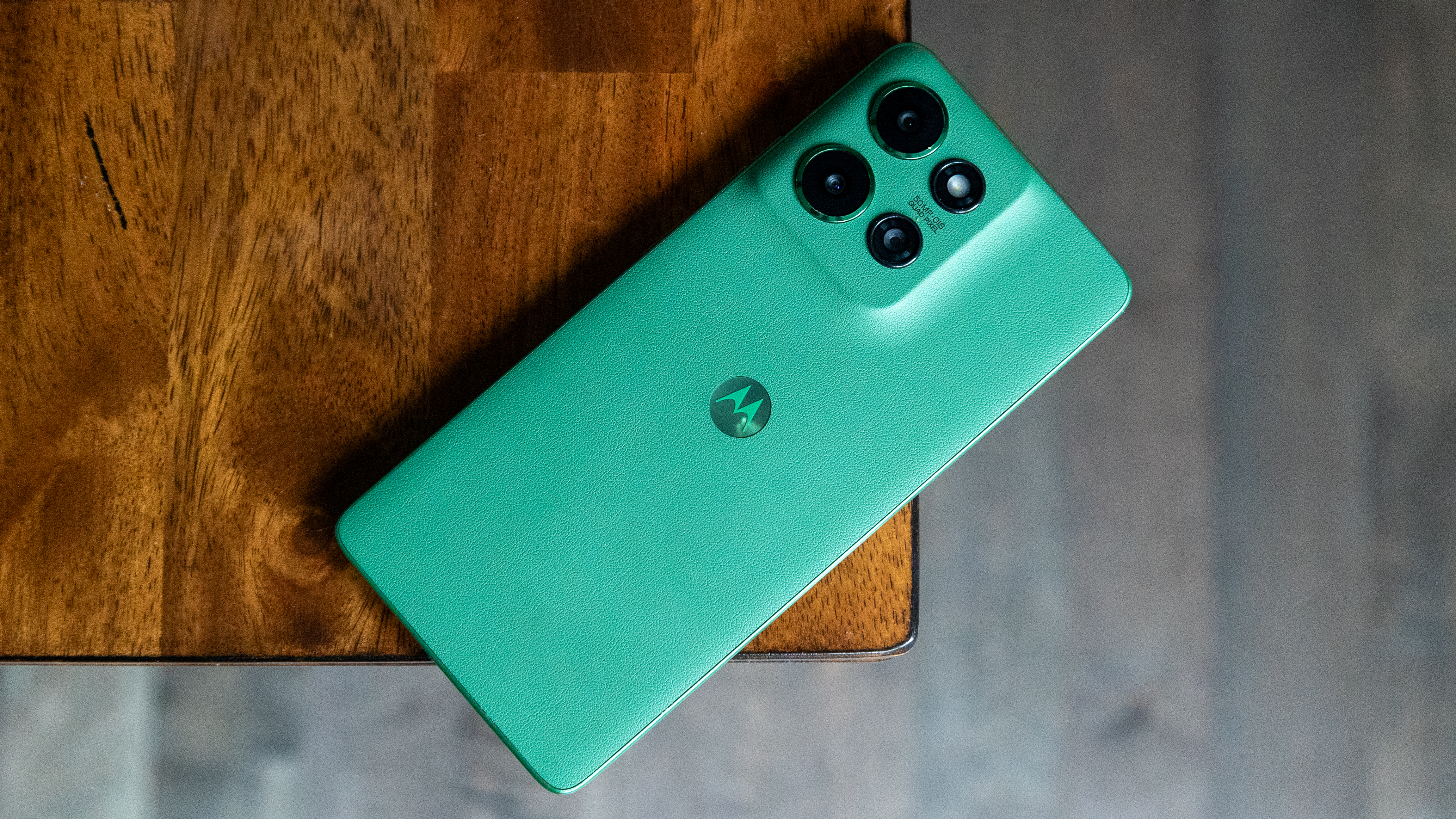Why you shouldn't download paid Android apps for free

We're not your mom, and we're not going to get into the middle of a morals debate on software piracy and if it's really stealing. But we can give you a couple of really good reasons not to download a pirated copy of a paid app.
It's a good way to get malware

Yup. Malware. Most of what you hear about malware on Android phones is sensationalism designed to make you click a link. Much of it is proof-of-concept work that never will see the wild. Finding an exploit and distributing that exploit are two very different things. But it does happen, and almost all of it happens to people who download apps that didn't come from Google Play.
Taking an Android app and opening it up so you can edit things — like removing a license check — is simple and the tools are readily available. So are countless tutorials about using those tools. That makes it easy for almost anyone to drop other code into an app. But almost anything you could do to an app will make Google Play's Bouncer — an automated tool that checks the integrity of every app in Google Play and can tell if bad things are inside — trigger and block the app so nobody can see it or download it. That's what keeps Google Play the safest place to get Android apps.
Google's Bouncer will keep you safe almost all the time. Is "almost" good enough for you?
Bouncer will also scan apps on your phone you didn't download from Google Play if you let it — you'll see it ask you the first time you sideload something. This keeps almost all the malware you read about in check and away from your phone. But the whole thing is a game of cat and mouse between Bouncer and some really smart people who want to do things they shouldn't be doing to your phone. All these people need is for you to download the altered apps and the easiest way to do it is to entice you with something you can't have or something that you're getting for free instead of paying 99-cents for. Everyone likes free stuff.
Smart people at Google are at war with smart people who want to put malware on your phone and neither side can ever win.
When Google picks up on one way of doing things, those bad people start using another. It almost sounds like a James Bond villain at work, but when you consider that about a gazillion people downloaded pirated software last year (and will this year) it's not hard to see why this can be lucrative for the right ones.
There's one easy way to keep your phone from being part of some malware statistic you hear about online — download your apps from Google Play. If you're supposed to pay for an app or a chest of 100 gold coins, pay for them. Chances are that the 99-cents you're paying are a lot less than your bill would be with midnight text messages to a country you've never been to and don't know anyone in.
App piracy on Android has real-life repercussions

Deserving or not, the Android platform and its users has a bad reputation with many developers and software publishers. Take Nintendo, which has this to say about Super Mario Run:
Get the latest news from Android Central, your trusted companion in the world of Android
For us, we view our software as being a very important asset for us. And also for consumers who are purchasing the game, we want to make sure that we're able to offer it to them in a way that the software is secure, and that they're able to play it in a stable environment.We wanted to be able to leverage that network connection with all three of the Super Mario Run modes to keep all of the modes functioning together and offering the game in a way that keeps the software secure. This is something that we want to continue to work on as we continue to develop the game.But actually, the security element is one of the reasons that we decided to go with iPhone and iOS first. So this is just — based on the current development environment — a requirement that's been built into the game to support security and the fact that the three different modes are connecting to the network and interacting with one another.
The emphasis there (in bold) is mine.
In that slew of words, one of the things they are saying is that iOS is safer for them because on Android their game would be yanked off of phones that can use it and passed around to everyone with Nintendo having no say in its distribution. And they are 100% correct. It's getting passed around on iPhones, too, but it's not nearly as easy to do on iOS so the piracy numbers are tiny compared to what will happen when they release it for Android. They know this, I know this, and you know this. Any software that arrives or update that comes is available to everyone about an hour after it's been released. Even if it's free software, that's piracy. And it doesn't matter that most people aren't doing it because millions and millions of people are.
Developers fight piracy on all platforms, but some make it easier to do than others.
This isn't a new thing. A long time ago it was hard to find an Android device that could install Netflix unless you pirated it. A casual conversation with a developer on the project told me why — because the same day they released a Netflix app for Android as a test with known hardware, the app was available for everyone to sideload. That wrecked their methods of testing for best performance and soured them on the entire platform. Spending a lot of time and money then seeing it all go to crap because we had to have something right now and had the means to pirate it can do that. Those developers didn't blame you if you pirated Netflix. They blamed Google for not caring and giving them tools to protect their "property" like Apple does and locking Android down.
Every time you pirate a paid app, you make this problem worse. You don't have to care, you won't ever get into trouble and you can get in the comments of this post and act all indignant about it. That doesn't change anything.
One person can't change a statistic but we all can still do our part to fix a serious problem for Android app developers: Piracy.
If you're ever in a room full of mobile app developers, ask them. Find out how much money they make from their Android apps and if piracy is a problem. They'll tell you. And most of them would also tell you they wish Android was more locked up like iOS because of it. Since that probably isn't going to happen in any meaningful way, they will just stay discouraged. They aren't as discouraged with piracy on iOS and can make more money coding apps for iOS. You do the math there and figure out what that means when it's time to build the next great app.
You and me not pirating one app isn't going to change anything. But it means we're not part of the problem. The same thing goes if 10,000 of us stop doing it or 100,000 of us. There are a lot of Android users. But it has to start somewhere, right?

Jerry is an amateur woodworker and struggling shade tree mechanic. There's nothing he can't take apart, but many things he can't reassemble. You'll find him writing and speaking his loud opinion on Android Central and occasionally on Threads.
